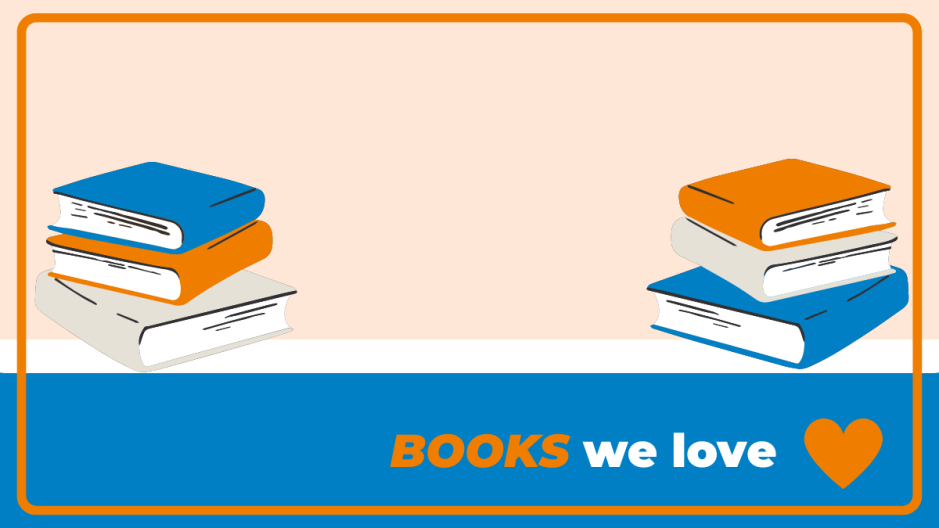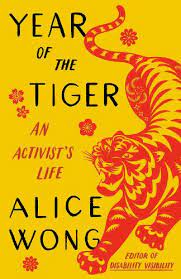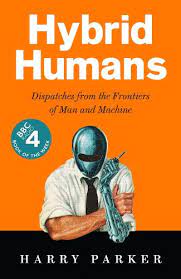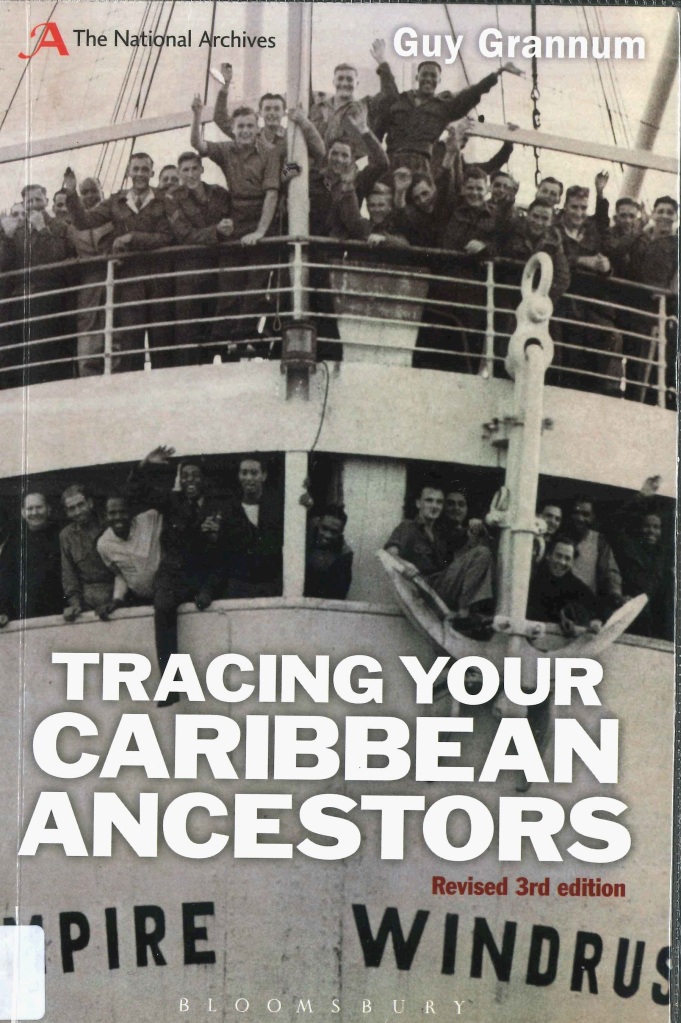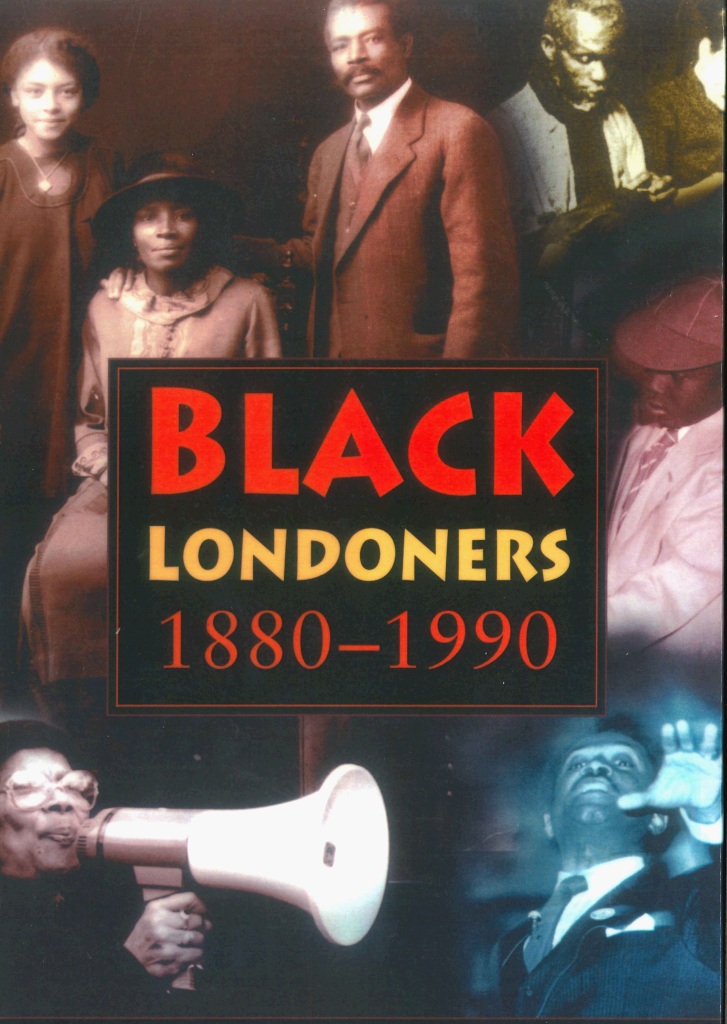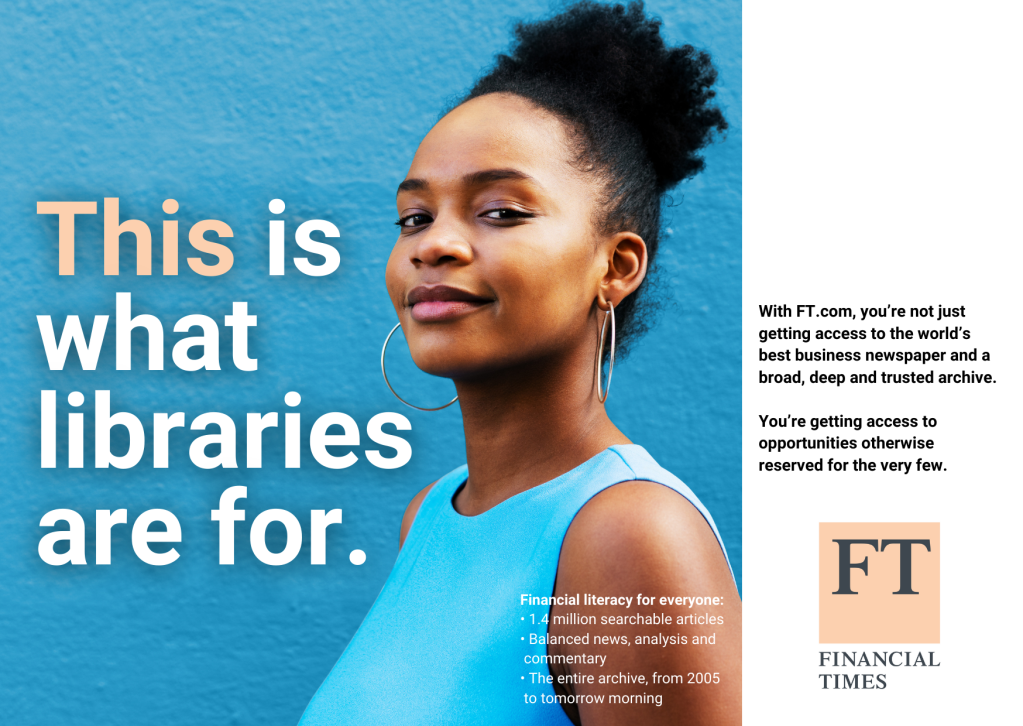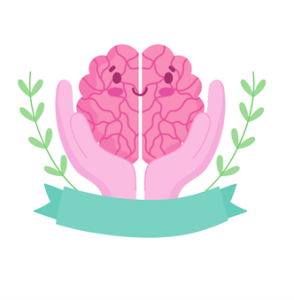Taking care of yourself this Ramadan
Ramadan began on Wednesday 22 March and is predicted to end Saturday 21 April 2023. People all over the world will be celebrating Ramadan in various ways. It is not only about thinking of what to say to Muslim colleagues participating; but it’s also about showing an understanding and consideration on how you can support individuals.
Fasting during Ramadan means that eating occurs between sunset and sunrise only and the amount of food consumed in a day tend to reduce. The holy month can be an opportunity to build some healthy eating habits, but it is also vital to be conscious of mental and physical health as our energy levels may fluctuate.
My experience
I wanted to learn the importance of this holy month and its impact on my colleagues who are fasting. I spoke to Hasna about what Ramadan entails and said I would like to experience a day in her life, a day of fasting. Originally, this was Hasna’s proposal to co-workers a couple of years ago. We’d come together, journaling our experiences as a blog.
Hasna shared with her thoughts on this holy festival. She says, “There is a lot of charitable donations during Ramadan. It is not just about fasting. It is a time to reflect and show gratitude.”
I was shown the Ramadan calendar and together, we chose a day where we’d be working together – Sunday 26 March 2023. She said it would be a good idea to do it on the same day so that she could support me as I have never done this before. She gave me a recipe for an oat and banana smoothie that I would have in the early hours of Sunday morning. On Saturday evening, Hasna checked in on me, asking if I needed her to call me in the morning and to see how I was feeling about Sunday. I was prepped, drinking lots of water and had made the breakfast smoothie (scroll to the end for recipe). Before bed, I put my smoothie on the kitchen counter so it would be room temperature when I drank it, rather than cold from the fridge.
As the alarm rang at 4:50am, my initial thought was to close my eyes again and snooze. Yet, I was committed to sharing a day in my colleague’s life as she fasts during this holy month, I got up. I did enjoy my breakfast smoothie, alternating between that and water, keeping my eye on the time. When 5:13am rolled around, I made my intentions to fast. I washed out my cup and went back to bed until 9am, proceeding for work.
On site, Hasna and I were joined by Siddequa who was also fasting. I noted that the challenge I would have throughout the day was not being able to drink water. Again, Hasna checked in with me and mentioned that I could gargle water if required. I have gone mornings without liquids – water and particularly, decaf coffee – (yes, I said it! I usually drink decaff coffee, though I do have the odd caffeinated coffee occasionally). But on this occasion, I needed to gargle a couple of times as my mouth became dry. The morning was good and peaceful; I felt satisfied.
I asked Siddequa, “When do children start fasting for Ramadan?”. She said, “It varies, it depends on the parenting. Usually, children start around puberty.”
For Siddequa, her approach is being open to her children participating and for them to find enjoyment in their experiences. If they are finding it hard, she reassures them that it is okay to break their fast. She doesn’t want them to feel pressured by anyone. She wants them to take joy in fasting not just for religious purposes but for themselves.
Siddequa’s approach reminded me of my mother, in the sense that, my mother always gave me the opportunity to try new things at my pace and when I was ready to do so. And if I didn’t want to or found something difficult, she let me know it was okay. She was my pillar of support throughout my life and still is. My mother always empowered me and my siblings. She is our greatest strength. So, it is beautiful to feel that energy from another person, especially at a time like Ramadan.
It is good to talk about these important aspects of our lives. It opens our understanding of one another and helps build relationships and sense of togetherness in our multicultural communities.
On my break, my stomach was rumbling but quickly dissipated when I started watching YouTube reels which relaxed me. Around 2pm, my stomach sent out its alerts again. What helped was focusing my mind on other things like this blog or hearing Hasna and Siddequa’s voices in the background, talking about what they and their families do during Ramadan. Around 3.30pm, Hasna went to the staffroom to pray and at the same time, I went to the manager’s office to practice Yoga Nidra (meditation) for 10 minutes. I had to lay down and be still – I found this therapeutic and gave me clarity on what is important to me in that present moment.
We finished work at 5pm, I went home and shuffled though Instagram then talked with my mum until 7.25pm, when I could eat again, I drank a lot of water. To break my fast, I ate two dates that Hasna had given me. Sunday evening was tranquil. Hasna checked in to see how I was later in the evening and if I held out till the end.
She said, “It’s such a calming time and the atmosphere is nice. Especially, when everyone is breaking their fast together and then praying in the evenings.”
Overall, the challenging aspect was no drinking but being together with other people and hearing their shared stories about Ramadan was lovely and very rewarding.
Tips for anyone celebrating Ramadan:
- Don’t feel guilty – Ramadan is a religious festival that last for about four weeks, so the desire to eat a lot more traditional foods is common. Don’t feel bad for eating so much, enjoy them!
- Fancy a date? – Fill up on fruit and vegetables constipation is common in Ramadan. Also, a change in our eating habits can affect our digestive system and it is often challenging to eat as much as we would like at Iftar. Fruits like dates, rich in antioxidants, carbohydrates, and protein can help to keep you going.
- Not even water? – Ensure to drink enough water each time fast is broken e.g., foods with a high-water content such as smoothies, soups, fruits, and vegetables are recommended. To prevent dehydration during Ramadan, make sure you have consumed substantial fluid outside fasting to prevent headaches, loss of strength and stamina.
- Keep on moving – Staying physically active is important during Ramadan. Doing some exercise can have a positive impact on our emotional wellbeing, self-esteem, and mood. It may help to adjust the timing and level of your activities. Some people find that being at the gym close to or after sunset has its advantages. Every individual is different so do what works for you.
Oat and banana smoothie:
Recipe is based on my Breville blender cup 300ml.
- Oats (rolled) 25g sachet.
- 1 banana.
- 2 dates (pitted) or honey to sweeten.
- Raspberries – optional
- 150ml Semi-skimmed milk – can use lactose free milk or Oat milk.
Note: if you want your smoothie thicker, use two sachets and double the quantity of milk.



